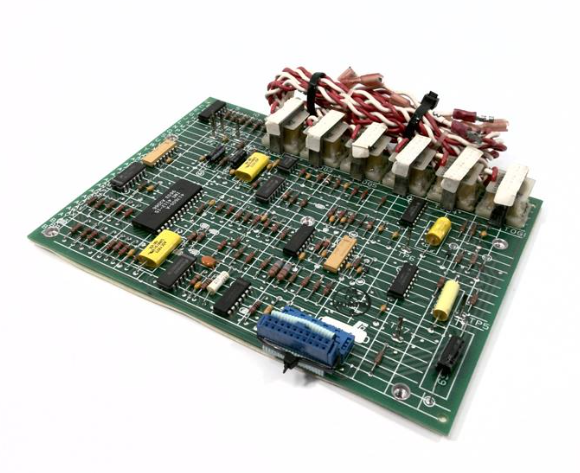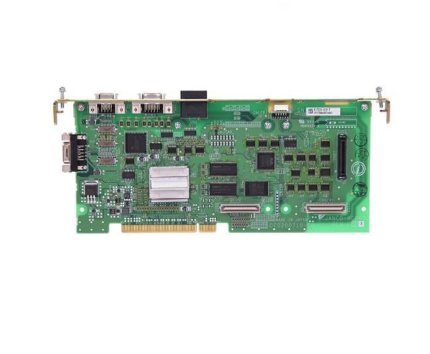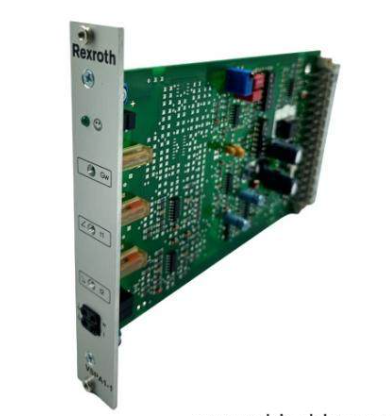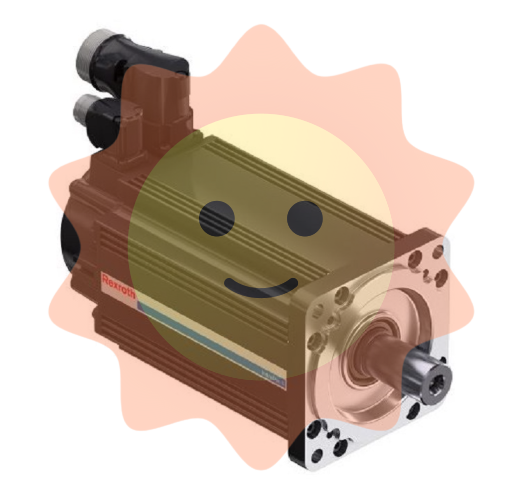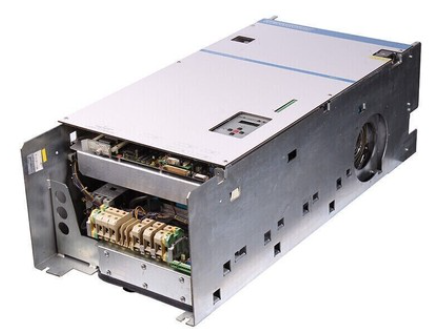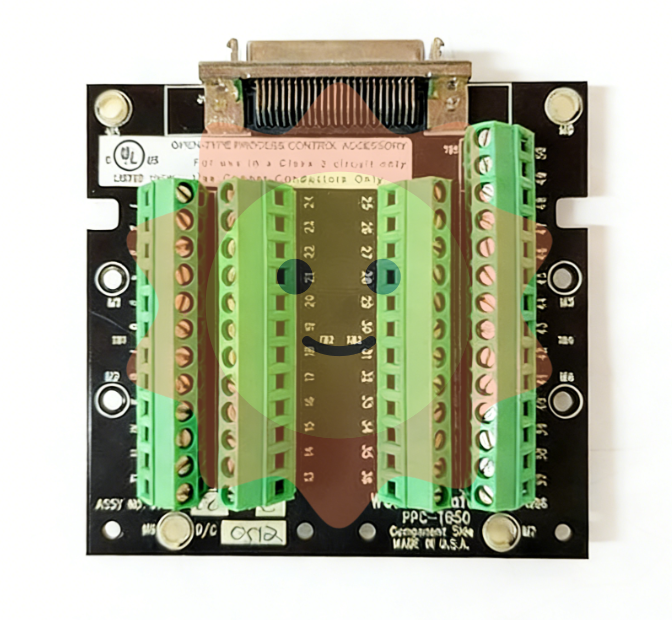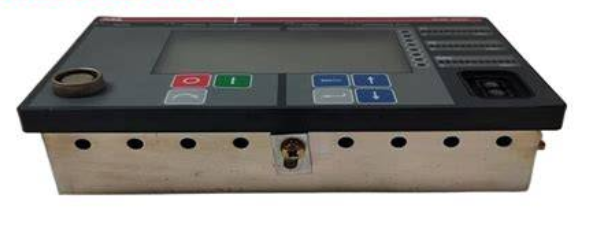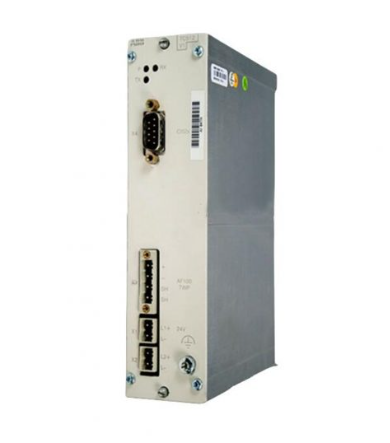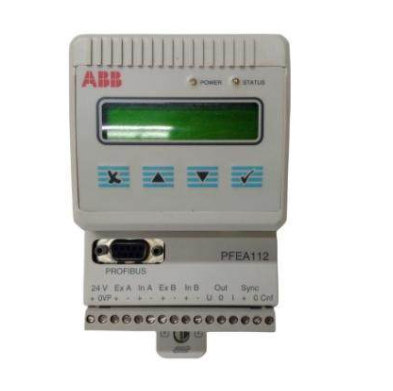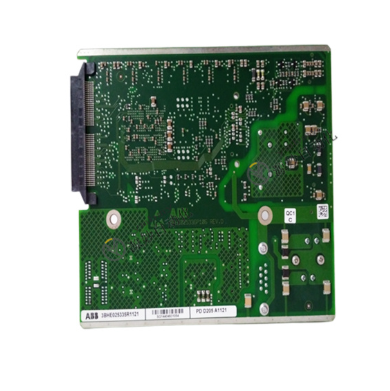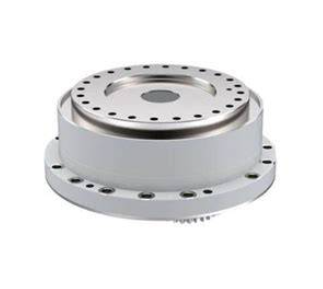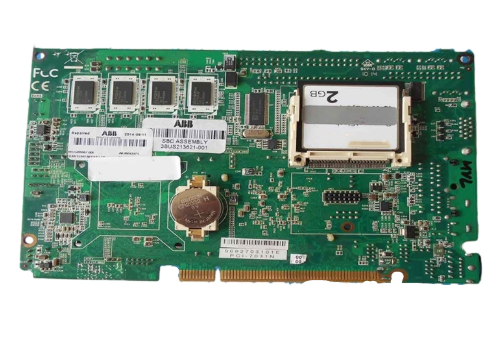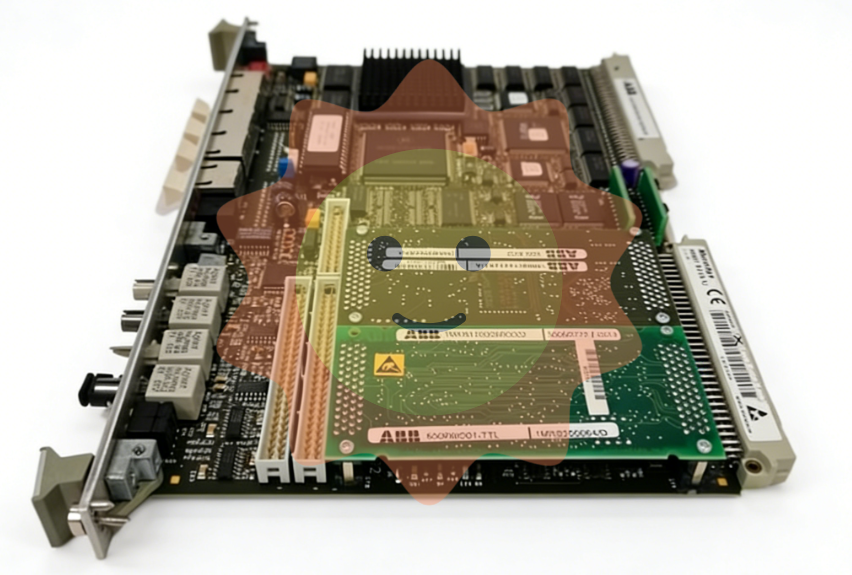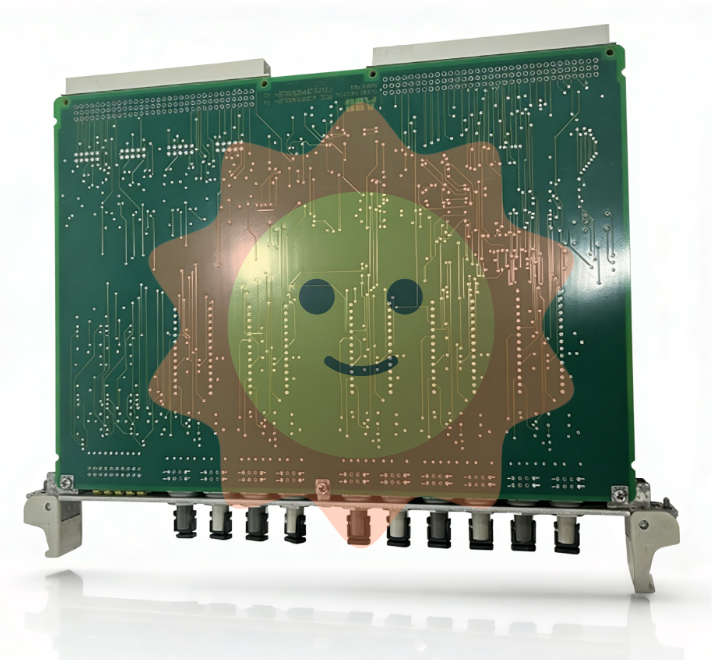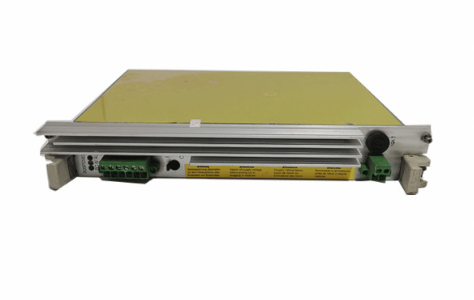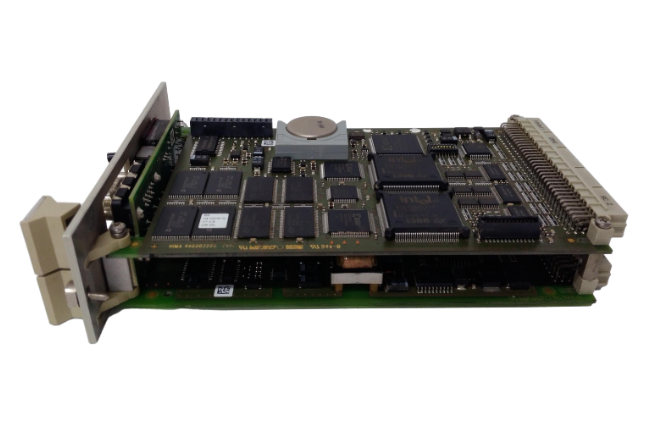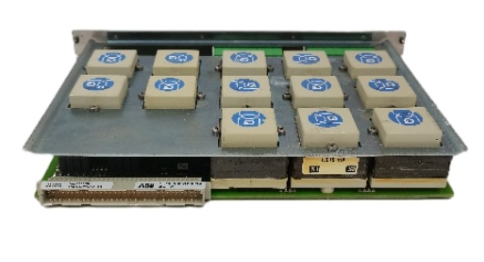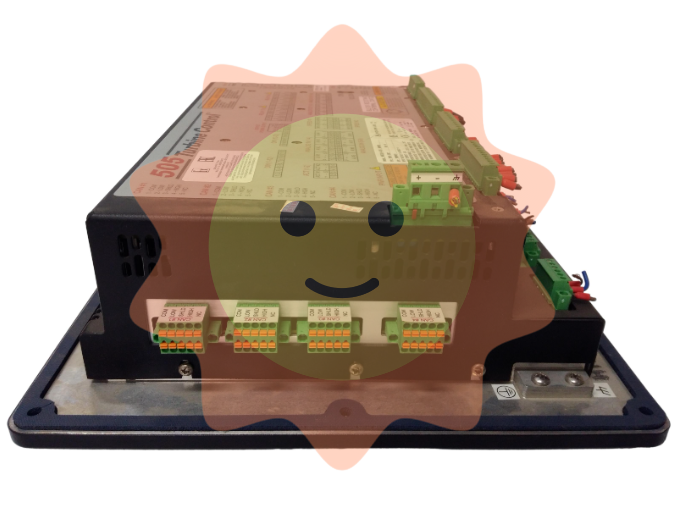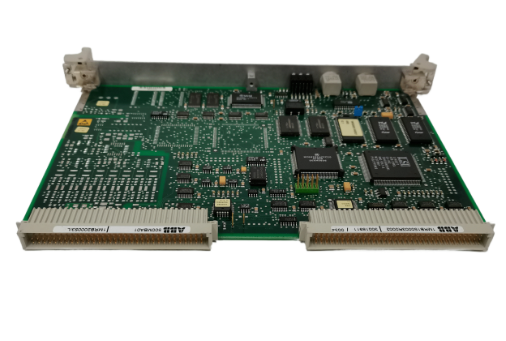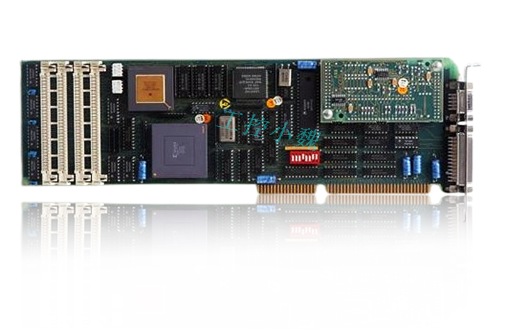What is Industrial automation?
Several types of manufacturing processes are compatible with the four types of automation listed above. Some of the most common compatible manufacturing types include:
Repeat manufacturing
Repeat manufacturing is used to make the same part or product for a long time, usually in large quantities. This type of manufacturing uses an assembly line or production line format to make goods, and there is little change in manufacturing Settings, materials, or other considerations over time. While the speed of operation can be modified to meet fluctuating needs, the general steps and sequence of steps remain the same. Repetitive manufacturing facilities can operate 24/7 without human supervision to maintain high productivity.
Repeat manufacturing is commonly used in the following industries:
CARS
Computers and electronics
Machine building
This type of manufacturing can be achieved through hard automation and programmable automation processes.
Discrete manufacturing
Discrete manufacturing allows for changes throughout the manufacturing process. This type uses fan-out assembly or production lines to allow for a limited number of different operations at different stages of production. However, the options are limited, and no dynamic changes are allowed beyond a few setting variables. Discrete manufacturing lines also tend to make products that are similar to each other and, like repetitive lines, typically deal with physical or preformed components.
Discrete manufacturing is commonly used in the following industries:

Consumer product
Food packaging
iatric
textile
This type of manufacturing can be combined with flexible automated processes.
Shop manufacture
Unlike the linear production lines used in repetitive and discrete manufacturing, this type of manufacturing takes place within a fixed production area. The product remains in a workstation equipped with the necessary tools and human supervisors. Workshop manufacturing produces more complex products, often for smaller production runs. It is also more labor intensive than other types of manufacturing.
Workshop manufacturing is commonly used in the following industries:
Custom machinery
Highly skilled workforce
Handmade consumer goods
This type of manufacturing can be achieved through flexible automated processes. However, many operations may require more physical labor and involve putting human operators in control of smaller automated tasks.
Batch manufacturing
Process manufacturing, also known as batch manufacturing, deals with smaller production runs and uses raw materials that cannot meet stringent standards. This method of manufacturing is common in industries where demand levels are low or seasonal and only occasional "batches" are required.
Batch manufacturing is commonly used in the following industries:

Food and beverage
Paint
restoratives
This type of manufacturing can be achieved through integration and flexible automation.
Continuous process manufacturing
Continuous process manufacturing provides consistent treatment (through thermal, mechanical or chemical processes) of raw fluid materials such as gases, liquids, powders, slurries and particles. While the manufacturing process does not change from start to finish, different orders or runs may enter or leave the process at different stages.
Continuous process manufacturing is commonly used in the following industries:
Food and beverage
Paint
restoratives
Oil and gas
This type of manufacturing can be achieved through integration and flexible automation. Like repetitive manufacturing, the process is continuous and relatively unchanged.
- ABB
- General Electric
- EMERSON
- Honeywell
- HIMA
- ALSTOM
- Rolls-Royce
- MOTOROLA
- Rockwell
- Siemens
- Woodward
- YOKOGAWA
- FOXBORO
- KOLLMORGEN
- MOOG
- KB
- YAMAHA
- BENDER
- TEKTRONIX
- Westinghouse
- AMAT
- AB
- XYCOM
- Yaskawa
- B&R
- Schneider
- Kongsberg
- NI
- WATLOW
- ProSoft
- SEW
- ADVANCED
- Reliance
- TRICONEX
- METSO
- MAN
- Advantest
- STUDER
- KONGSBERG
- DANAHER MOTION
- Bently
- Galil
- EATON
- MOLEX
- DEIF
- B&W
- ZYGO
- Aerotech
- DANFOSS
- Beijer
- Moxa
- Rexroth
- Johnson
- WAGO
- TOSHIBA
- BMCM
- SMC
- HITACHI
- HIRSCHMANN
- Application field
- XP POWER
- CTI
- TRICON
- STOBER
- Thinklogical
- Horner Automation
- Meggitt
- Fanuc
- Baldor
- SHINKAWA
- Other Brands



